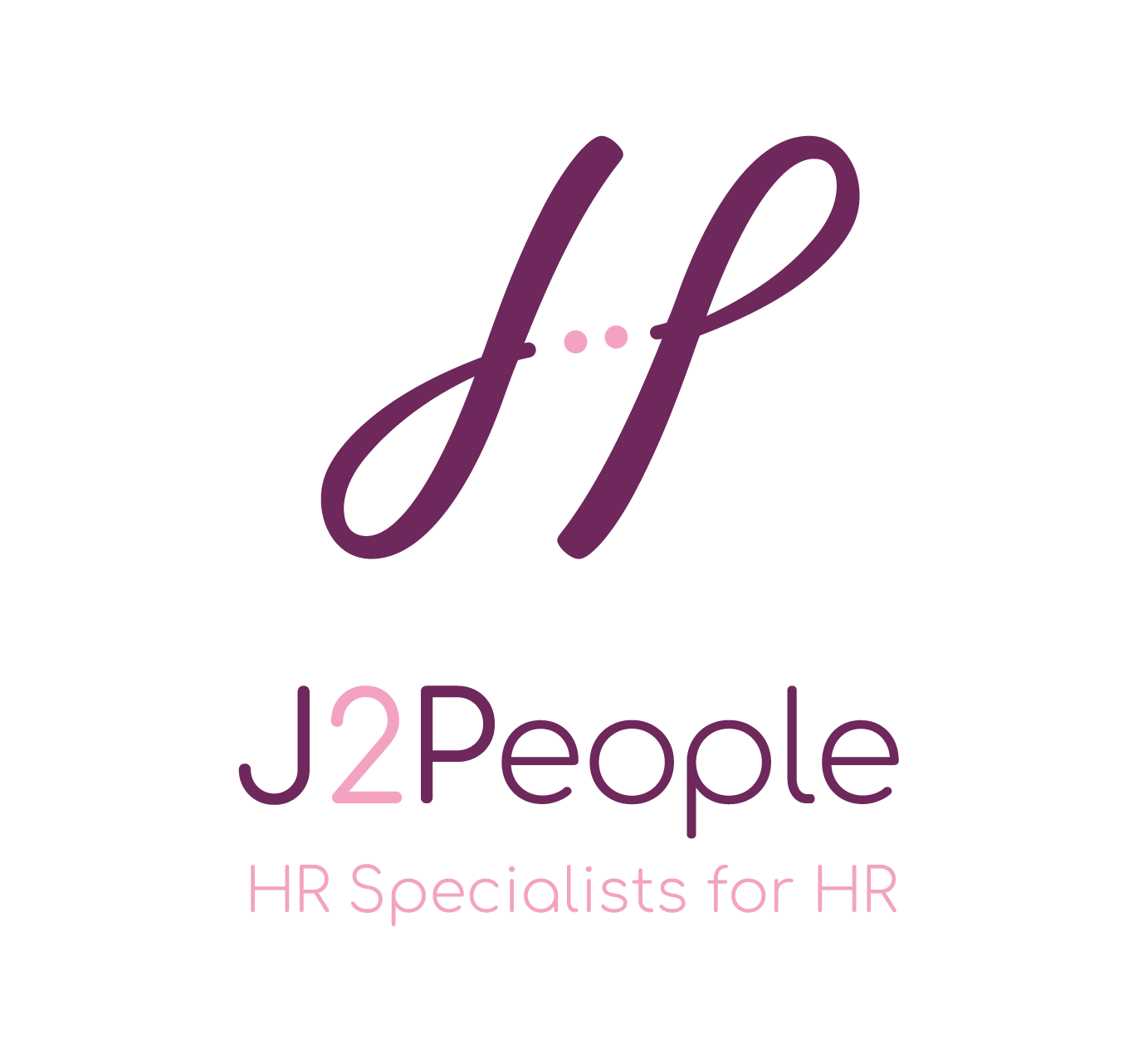
If you haven’t talked about it, has it really gone away?
In this article, Jayne Rhodes from J2People, questions why people may fear workplace mediation but without it are issues ever truly resolved.
It’s all fine, honestly!
I’m interested in your reaction to the thought of entering into workplace mediation? The reason I ask is because I sometimes find that both leaders and individuals shy away from the prospect of using mediation as a way of resolving conflict. As a trained mediator, I am passionate about using mediation techniques in resolving small grumbles through to big grievances, enabling all involved to move forward with positivity and honesty.

I often hear words to the effect of ‘it’s ok, it’s all resolved now’ – this usually comes after an issue has been raised, investigated, and the outcome given. Everyone is keen to move on and get back to work, but feel that mediation between the parties involved may only serve to prolong the issues at hand and dredge it all up again. However, in my experience, this usually means that gripes are bubbling away under the surface and will burst back through at some point in the future, only much bigger than before. I’m sure we’ve all been guilty of telling our manager that everything is now okay, when really it’s not and then we spend a lot of time grumbling to anyone outside of work who will listen. It’s a bit like the tree falling in a forest – if no-one is there to hear it, has it made a sound? If everyone says it’s all okay, does this mean it is?
Advocating mediation
As a leader, encouraging open, honest conversations in the everyday workplace is essential for engaging and motivating your teams. Ideally, fostering a culture where this is the norm will prevent a lot of grumbles occuring in the first place. However, when things do go wrong, using mediation to prevent an issue escalating to a formal complaint or to bring people back together following the conclusion of a grievance is a powerful tool to have in your box. The investment put into mediation now can prevent unnecessary time and cost further down the line when issues have grown branches and are much harder to resolve. Showing your support and faith in mediation is the first step in engaging your employees to participate.
The next step is to bring the individuals to the table.
In my experience, people are intimidated by the fact that mediation is a formal process. People typically haven’t been involved in mediation before, and until they fully understand the approach, they may feel unsure of what to expect and uneasy. Mediation should never be forced on someone, you need to give everyone time to fully understand the process and enable their participation to be truly voluntary. It takes courage to face up to a difficult situation and attempt to resolve it. It can be easier for some to retreat from the situation rather than front it and those involved need to feel supported by their organisation and appreciated for giving it a go.
Let’s talk
As an accredited mediator, the initial conversations I have with people to explain the process are just as important as the mediation itself. Knowledge and trust are powerful friends to give everyone confidence in the process and engender full participation. I use everyday language to describe mediation and only refer to it as ‘mediation’ once the individual is more on board; after all mediation really is just a conversation but with someone there to facilitate it. I explain that it’s about spending quality time with individuals, listening to concerns, and helping them develop an agreed solution to the issues. It’s about getting under the skin of what is really going on and having a good conversation about how to overcome the issues. It’s about finding common ground and building things back up to get back on track.
I facilitate mediation discussions when relationships have broken down and they need repairing for the individuals and teams to continue working together. I must admit there have been times when I have questioned the chances of success of resolving the issues, but I never give up and have successfully navigated through some very tricky circumstances. I repeatedly find that once the process is underway and the conversations are happening, momentum builds and people generally become increasingly engaged in the process. Once the conversation starts, I’ve not yet found anyone who has asked for it to stop.
So, the next time mediation is recommended and everyone says ‘no need, it’s all okay now’ – ask yourself if that tree made a sound.
Jayne Rhodes is an accredited mediator through ACAS. J2People are an HR Consultancy, we are passionate about enabling employees to thrive in the workplace and we can support you with resolving conflict that arises between individuals and teams. Let’s talk about how we can support your organisation – please get in touch at hello@j2people.co.uk.


